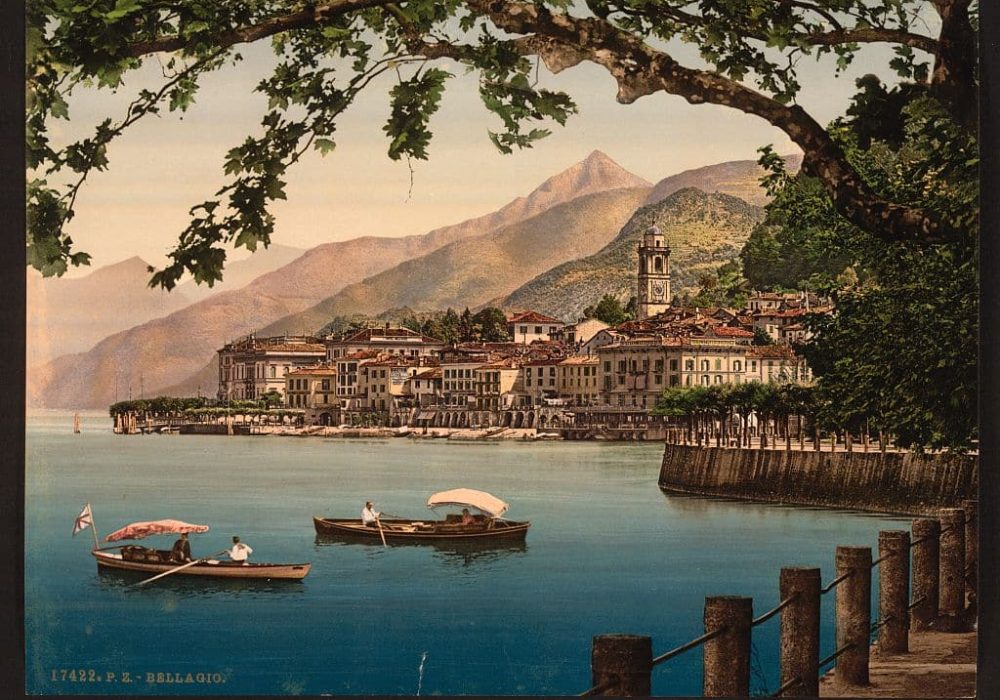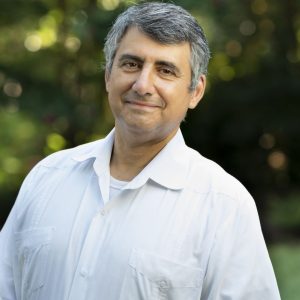This lecture was cosponsored by the University of Chicago Divinity School and the In Lumine Network. It was made possible through the support of ‘In Lumine: Supporting the Catholic Intellectual Tradition on Campuses Nationwide’ (Grant #62372) from the John Templeton Foundation.
Romano Guardini penned his Letters from Lake Como between 1923-1925 in order to think about the new technocratic relationship between nature and culture that was emerging in post-war and post-Enlightenment Europe. Guardini’s reflections on the technocratic paradigm are critical for understanding the relationship of the human person, the dynamics of culture, and our hyperdigitized world today. Guardini’s newly translated Liturgy and Liturgical Formation was also published in its first edition in German and Italian in 1923 and reflects a similar approach to the centrality of the body and the senses in the spiritual formation of the human person. In a surprising way, Guardini’s critique of technology parallels his analysis of liturgy and prayer within the life of the Church.
On the following day, Prof. Casarella lead a master class for students and faculty on Guardini’s Letters from Lake Como: Explorations on Technology and the Human Race.


